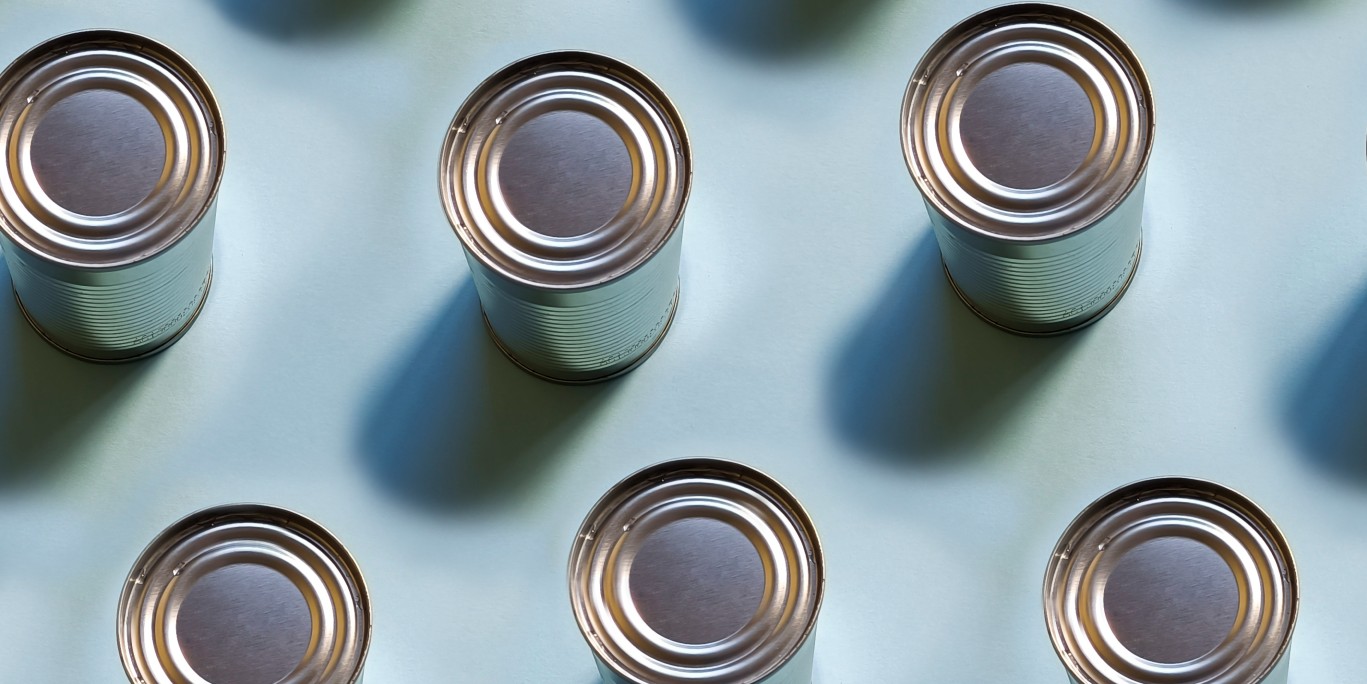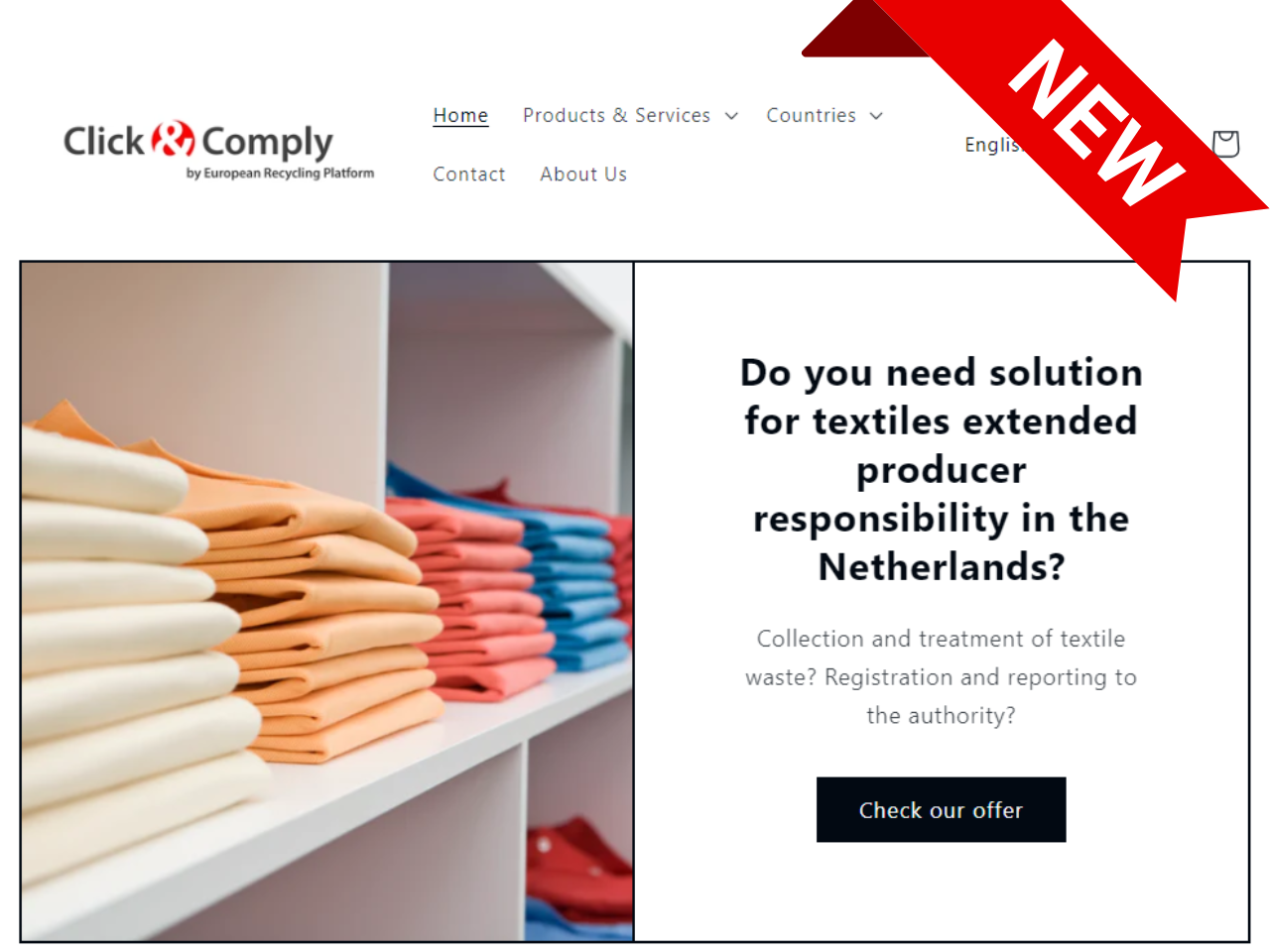What are the latest developments? We’ve picked out some updates for July 2023 to keep you up to speed with the latest news.
WEEE Directive: stakeholder workshop on potential revision
Battery Regulation adopted by European Parliament
Waste Shipment Regulation: European Council agrees position
Critical Raw Materials Act: committee tables amendments
Textile Strategy: European Parliament adopts resolution
WEEE Directive: stakeholder workshop on potential revision
On 23rd June, the consulting firm Rambøll Group and the Austrian environmental agency – contracted by the European Commission – organised a stakeholder workshop on the potential revision of the Waste Electrical and Electronic Equipment (WEEE) Directive.
The workshop is part of the stakeholder engagement process and explained the ongoing project to do an evaluation study.
The study is running until January 2024 – following a strict Commission procedure – and will conclude with a recommendation as to whether a recast of the WEEE Directive is necessary (and for which aspects).
It will result in a Commission staff working document which is expected for Q2 2024. Any revision process, which is likely, will not finish before 2026.
Dr Thomas Fischer, Landbell Group’s Head of Market Intelligence and Governmental Affairs, contributed to the workshop. Moreover, to support the stakeholder process, Landbell Group’s local subsidiaries were asked for their input by national ministries earlier this year.
The workshop dealt specifically with producers and producer responsibility organisations and asked the attendees for their input. The following subjects were highlighted most by the attendees:
- Collection targets versus calculation method
- Enforcement
- Parallel waste flows / other actors
- Quality standards / level playing field
- Proper alignment with other policies – Eco-Design, RoHS, REACH, CRMA, WFD
- Eco-design and reuse/repair
- Fee-modulation
- Freeriding / online sales
- Harmonisation
- PV panels and similar products with increasing sales and long lifetimes
A second stakeholder workshop is planned for September 2023.
Moreover, on 16th June, the Commission also launched a related public consultation: Waste from electrical and electronic equipment – evaluating the EU rules. Landbell Group company, European Recycling Platform will contribute to the consultation, which closes on 22nd September 2023.
Battery Regulation: adopted by European Parliament
After reaching an agreement during the trilogue negotiations with the Council late last year, the European Parliament has adopted new rules for the design, manufacture, and recycling of all types of batteries circulating in the EU.
The MEPs approved the agreement with 587 votes in favour, 9 against and 20 abstentions.
The new rules cover the entire life cycle of batteries, from design to end-of-life. Key features include the “Battery Passport” and the carbon footprint declaration which will lead to greater levels of transparency. Furthermore, producers will be required to implement due diligence policies to address the potentially negative impacts of sourcing, processing, and trading (secondary) raw materials.
Further measures aim at increasing the circularity of batteries by defining collection, recovery, or recycled content targets which will become increasingly strict over the next decade.
Following the Parliament’s vote, the Council must formally endorse the text before it can be published in the Official Journal of the European Union and enter into force. The Regulation will replace the current Batteries Directive of 2006.
Waste Shipment Regulation: Council agrees position
On 25 May, the Council of the European Union adopted its negotiating mandate for the trilogue negotiations with the European Parliament.
The European Commission proposed a new regulation on the shipment of waste on 17 November 2021 with the aim of supervising and controlling intra-European shipments, as well as shipments with countries that have signed the Basel Convention.
The regulation has several dimensions (economic, environmental, and circular), thus covering a wide variety of subject areas. Notably, the Council agreed with the Commission’s proposal to largely ban waste exports for disposal to other Member States except under strict conditions. Furthermore, non-hazardous waste shipments to non-OECD countries are only lawful if the waste is treated under strict environmental guidelines in the country of destination.
The European Parliament had already voted on and adopted a negotiating position in the plenary on 17 January 2023, therefore finalising the preparatory work, and the trilogue negotiations started on 31 May.
To provide a reasonable timeframe for preparation, the Council proposed that the new rules for the export of waste should apply 36 months after entry into force, while provisions regarding documentary exchange shall apply after 24 months.
Critical Raw Materials Act: committee tables amendments
The European Parliament’s Committee on Industry, Research and Energy (ITRE) has published amendments for the ongoing legislative procedure of the Critical Raw Materials Act (CRMA).
Rapporteur Nicola Beer and the other members of the Committee tabled a total of 1,172 amendments to the CRMA. Topics under discussion include financial incentive schemes or award criteria in public procurement to finance the use of secondary raw materials or recycled content more thoroughly.
The need for circularity has also been emphasised. The preceding Commission proposal focused on mining and extraction processes which the ITRE Members plan to correct. The Committee also called for an adoption of delegated acts laying down minimum shares of raw materials recovered from post-consumer waste in permanent magnets before 2030.
The vote in ITRE is planned for September which makes a plenary vote likely in the fourth quarter of 2023. The following trilogue negotiations are planned to conclude before the European elections in June 2024.
Textile Strategy: European Parliament adopts resolution
The European Parliament has adopted a resolution on an EU Strategy for Sustainable and Circular Textiles. The resolution stems from the “own-initiative procedure”, which is not a formal decision-making process but a significant precursor to the start of legislative procedures.
The vote in the Parliament received 600 votes in favour, 17 against and 16 abstentions, thus obliging the Commission to inform the Parliament whether a legislative proposal is coming.
The Resolution aims at making textile products more durable, and easier to reuse, repair and recycle. Parliamentarians also demand that production respects existing human, social, and labour rights, as well as environmental and animal welfare concerns.
Moreover, the Parliament calls for extended producer responsibility schemes to incentivise research, innovation, investments and the scale-up of infrastructure for collection, sorting and recycling.
The European Commission had already published a strategy for sustainable and circular textiles in March 2022 and, additionally, plans to revise the food waste and textile aspects of the EU Waste Framework Directive through a proposal on 5 July.
Furthermore, MEPs are demanding clear rules on greenwashing through the Directive on empowering consumers for the green transition and the Directive on green claims (see previous COMPASS article here).
Sign up for our monthly
report COMPASS here:
Your email











